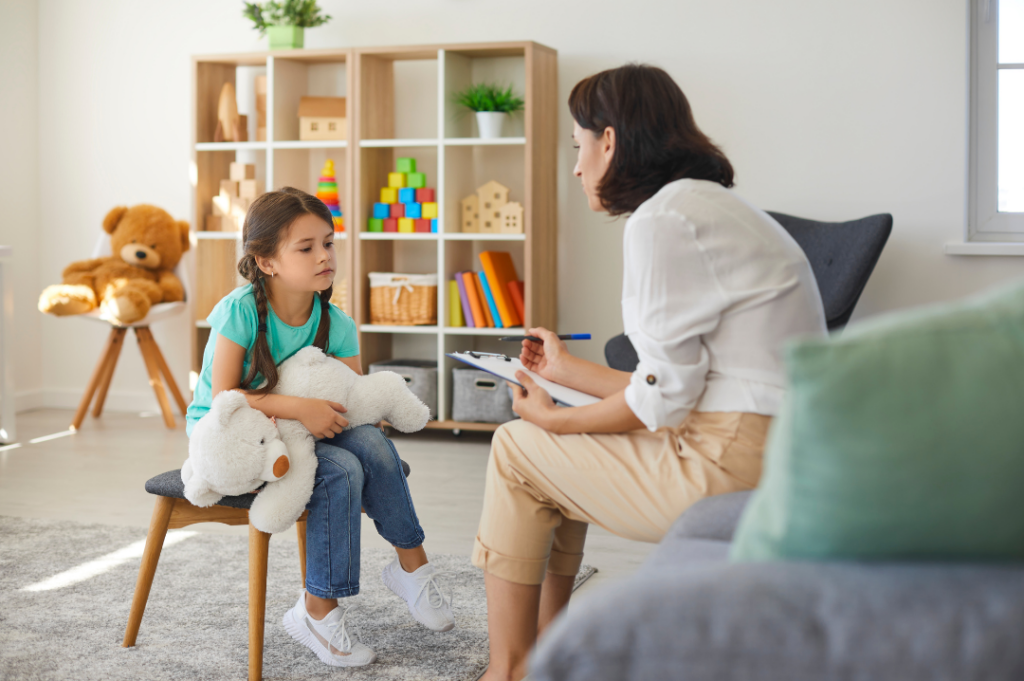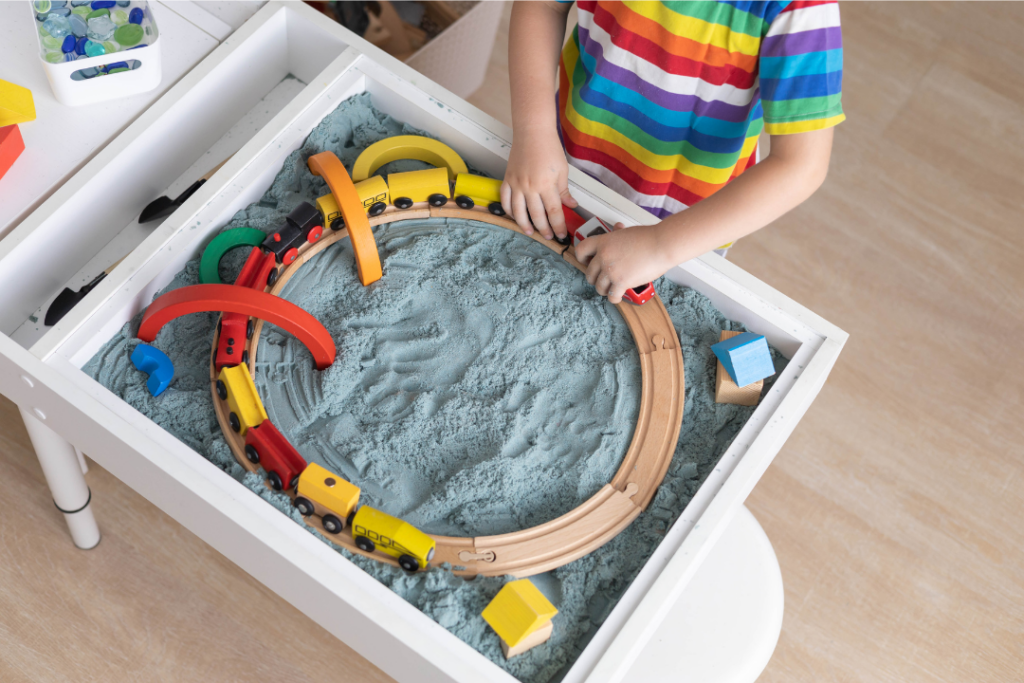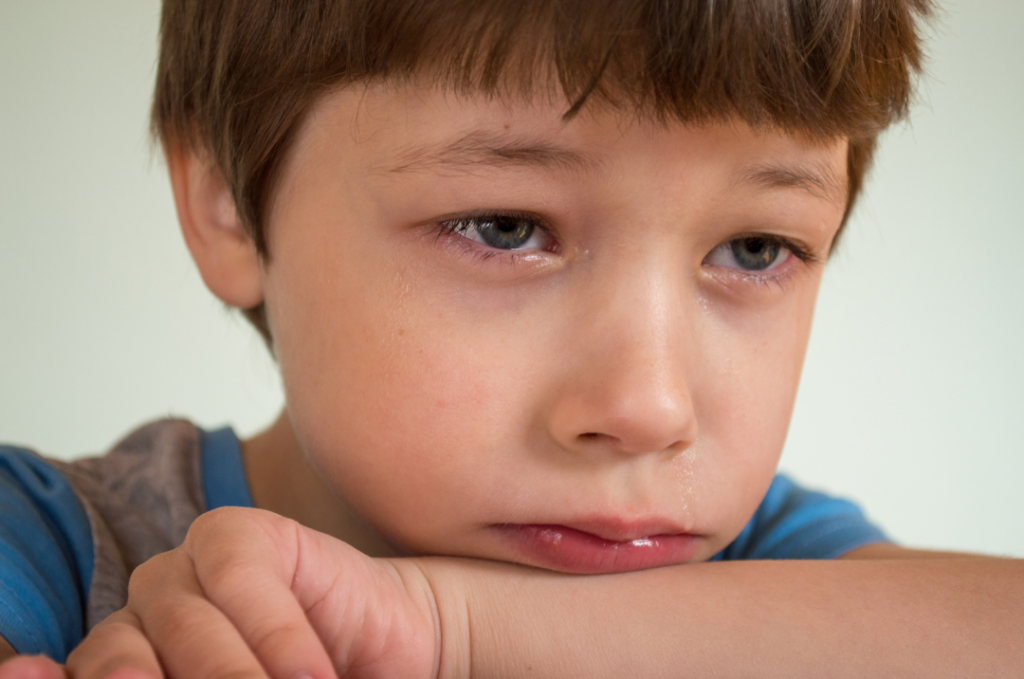
Childhood is generally seen as a time of being carefree and filled with joy. But your child is struggling more than others with fears, worries, emotion regulation, impulsive behaviors, or a myriad of other mental health concerns, it can be overwhelming to figure out how to help them. As many as 20% of children have a mental health diagnosis or developmental disorder according to the National Institute of Mental Health. And overall, the rates of mental health concerns has risen over recent years and decades.
The rise of mental health concerns in children is concerning. But you do not have to navigate this alone! Several of our highly trained clinicians treat children and are prepared to offer highly effective and evidenced based treatment for your child.
There is not one single modality of therapy that is best for children. Just like for adults, it comes down to the unique needs, presenting concerns, and preferences of the teen to determine what type of therapy will work best. There is a wide range of evidenced based and effective modalities for children. And our team of highly trained clinicians are ready to help support your child with many of these effective modalities.
Here are just a few of the diagnoses we specialize in treating and modalities we offer that specifically related to children:

Play can be a large part of many modalities and treatment approaches for kids. And even those that don’t necessarily use play as the intervention, will be best utilized in a way that incorporates play to provide and support the intervention. Play is the language of kids and one of the most effective ways to get kids engaged in therapy – an otherwise boring task for most kiddos!
Here are more benefits of play therapy and play-based interventions:

There are many signs that could indicate that your child may need or benefit from mental health therapy:
And probably one of the most important things that would indicate that your teen may need or benefit from counseling is if they are asking for it!
To learn more about the mental
health concerns and conditions we treatment, click the button below!
To learn more about our team of
highly qualified therapists, click the link below.
To learn more about modalities our team offers, click the button below.